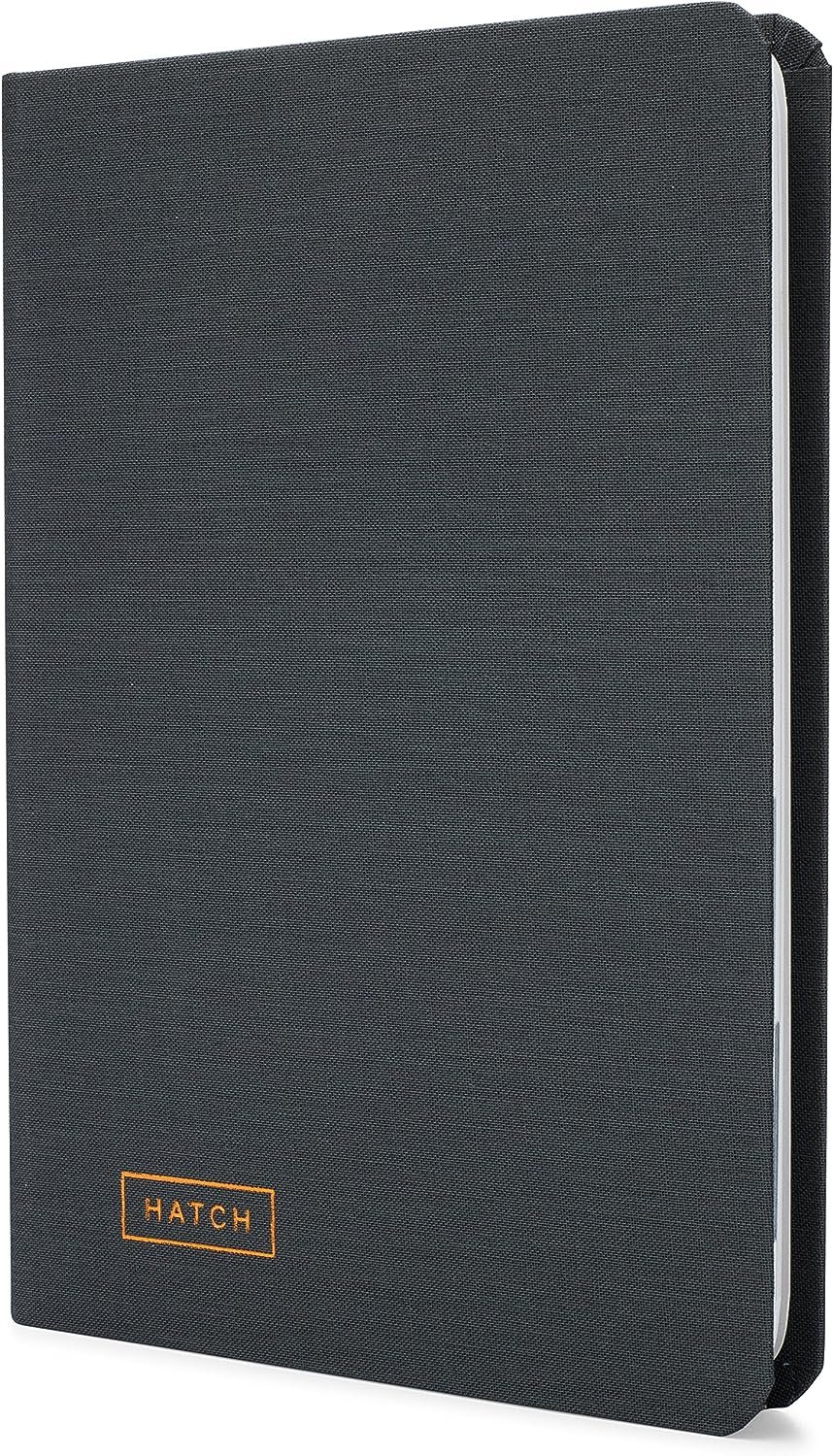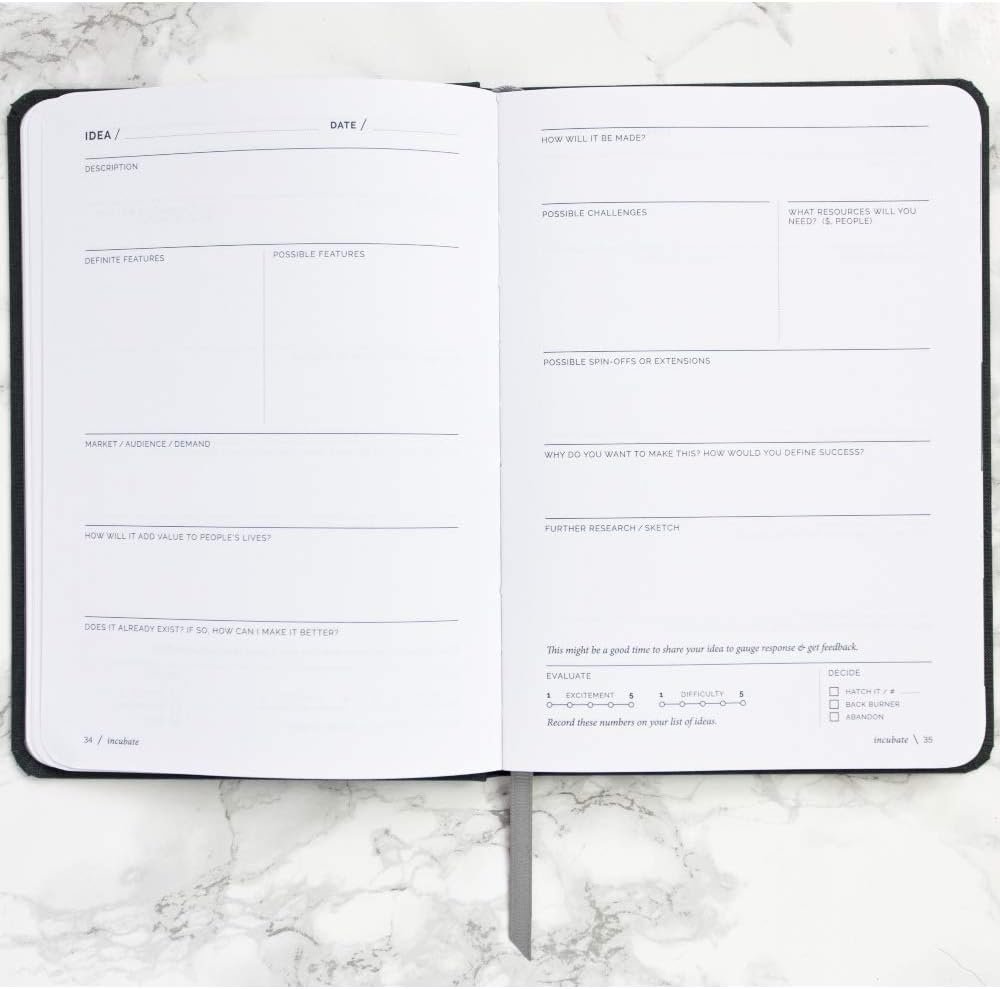20 Inspired Journaling Ideas
(As an Amazon Associate, I earn from qualifying purchases via paid links.)
There are multiple ways journaling can complement your homeschool.
There’s no reason to spend a lot of money on a boxed curriculum when it’s not in the budget. If you are Daring, Creative, and a Hands-on teacher, or want to shake things up, this week’s DIY Curriculum Tips and Tings may be what you’re looking for.
Journals can be a versatile tool for your homeschooling needs, with a myriad of uses. In this post, I will share 10 traditional and 10 unusual ways to get started with journaling.
But first, what exactly is a journal? It's a book used for record-keeping, daily reflections, or creative writing. Journals can be used for anything from recording recipes to analyzing dreams. They are most commonly used for creative writing exercises but have the potential to be an effective means of covering multiple areas of study.
Journaling has several benefits, especially for mental health. It's a great way to relieve stress by unloading heavy thoughts and sorting out personal problems. It's like affordable therapy that you can do on your own.
In the homeschool community, journaling is also beneficial for record keeping. If you live in a state that requires you to submit your student's work, journal entries can fulfill that requirement. Additionally, consistent journaling can help improve writing skills, whether it's penmanship or technique. It also serves as an assessment tool as it's easy to track progress and identify areas for improvement over time.
Journaling also provides a sense of accomplishment for students as they recognize their work and can trace it to their contribution to the journal. Overall, it's a positive habit that can help instill discipline and pay off in the long run.
Now let’s get to the gritty. How can journaling be used as a curriculum?
The sky is the limit.
TRADITIONAL JOURNALING is the most well-known and widely-used approach to collecting and recording information by subject.
1. Reflective Journaling:
In any subject, students can maintain reflective journals. They can write about what they've learned, their thoughts on the subject matter, and how it relates to their personal experiences. This encourages critical thinking and self-assessment.
2. Subject-Specific Journals:
Science Journals: Students can record experiments, observations, hypotheses, and scientific discoveries.
Math Journals: Encourage students to document their problem-solving processes, mathematical insights, and challenges.
Language Arts Journals: In literature, creative writing, or grammar, students can explore literary analysis, creative writing, and language mastery.
History and Social Studies Journals: Have students maintain journals to record historical events, profiles of historical figures, and their impact on society.
Biblical Studies Journal: Encourage students to write prayers, gratitude, and scripture interpretations in journals.
3. Artistic and Creative Journals:
Art and Design Journals: In art classes, students can keep sketchbooks and visual diaries for drawing, painting, and exploring artistic concepts.
Music Journals: In music education, students can document musical compositions, practice routines, and reflections on their musical journey.
Drama Journals: For theater and drama classes, students can record character development, scripts, and acting experiences.
Create Your Own Journals: Have your kids create journals of their own. I did this with my children as a summer project.
4. Cultural and Language Journals:
Geography and Travel Journals: Encourage exploration of different regions, cultures, and geographical landscapes, complete with maps, cultural observations, and travel narratives.
Language Learning Journals: Help students practice vocabulary, sentence construction, and cultural insights when learning a new language.
5. Interdisciplinary Projects:
Promote cross-curricular integration by having students maintain journals related to interdisciplinary projects. For example, a science project that involves writing a research journal with creative elements.
6. Emotional and Mindfulness Journals:
In health and wellness classes, students can maintain journals that encourage emotional expression, self-awareness, and mindfulness exercises.
7. Career and Goal-Oriented Journals:
In career development classes, students can keep journals to set goals, track progress, and plan their future career paths.
Empowering Young Entrepreneurs: Homeschooling and Publishing Journals
As the curriculum creator for our homeschool, I strive to incorporate entrepreneurial education into my children's learning. One of the successful projects within our curriculum was motivating my 10- and 12-year-olds to create and publish their own journals.
This venture began with dedicated summer sessions where I guided them through the entire process, from ideation to publication. The outcome was not just a set of journals, but also an engaging activity book.
Through this experience, my children not only acquired valuable skills in writing, design, and publishing but also developed a tangible asset that has the potential to generate income. This initiative has empowered them with real-world experience, encouraging creativity, problem-solving, and an entrepreneurial mindset.
By incorporating entrepreneurial activities into our homeschooling curriculum, I aim to instill in my children the confidence and capabilities to pursue their passions and create opportunities for themselves. This endeavor has not only enriched their education but has also equipped them with practical skills and a foundation for future financial independence.
8. Science Fiction or Fantasy World-Building Journals:
Encourage imagination and world-building in literature or creative writing by having students create journals that document the details of an imaginary world.
9. Current Events and News Journals:
In current events or journalism classes, students can maintain news journals to analyze and reflect on contemporary issues and news stories.
10. Environmental and Sustainability Journals:
Promote awareness and action in environmental studies by having students document their efforts to live more sustainably.
Unique journaling is a creative approach to documenting personal experiences, niches, passions and lifestyles. Get inspired by these ten.
Time Capsule Journal:
Have students create a time capsule journal, where they write about their current thoughts and feelings, seal it, and open it at the end of the school year or course to reflect on how they've changed.
Character Diaries:
In literature or drama classes, students can maintain diaries as if they were a character from a book or play, providing insight into the character's perspective and development.
Recipe and Cooking Journal:
Teach math, chemistry, and cultural studies through a cooking journal where students record recipes, measurements, and experiences with various cuisines.
Travel Adventure Journal:
Explore geography, history, and world cultures by having students maintain travel journals about imaginary or real adventures, complete with maps and cultural insights.
Weather Observation Journal:
In science, students can keep weather observation journals, noting daily weather conditions, temperature, and natural phenomena.
In psychology or creative writing classes, students can keep dream journals to explore the symbolism and narrative elements of their dreams.
Art of Noticing Journal:
Encourage mindfulness and observational skills by having students maintain journals dedicated to documenting the small details in their surroundings, fostering awareness and creativity.
Combine language arts and music by asking students to create songwriting journals where they craft lyrics, explore themes, and experiment with musical composition.
Problem-Solving Challenge Journal:
As a life skills exercise, present students with daily problem-solving challenges, and have them document their solutions, thought processes, and improvements over time.
Invention and Innovation Journal:
In science and engineering classes, students can invent and innovate by keeping journals to record ideas, prototypes, and improvements for new inventions or technologies.
Homeschooling represents the cultivation of learning as a way of life, embracing every facet of existence rather than being confined solely to academics. In this context, journaling extends beyond the boundaries of the classroom and academics, into the realms of self-discovery, personal growth, and exploration of one's inner world. It becomes a powerful tool for nurturing curiosity, creativity, and a lifelong passion for learning.
That’s why I love the idea of an IDEA JOURNAL. As a creative, I have one of my own, started years ago from a three-dollar notebook. However, if you love the idea of one for your creative, innovative kids with some structure, I recommend the Hatch Idea Planner Notebook Journal. It is designed with prompts or guidance which makes for a valuable hands-on curriculum.
Whether you leverage journaling as the cornerstone of your curriculum or as a complementary resource, what holds the utmost significance is that journaling provides a unique path for students to express their thoughts, engage with the material, and foster a deeper understanding of the subjects they explore.
What kind of journaling have you done or want to try?
As a homeschooling mom for more than 9 years, I have created most of the curriculum for my boys, who are now in 7th and 9th grade. I am excited to share my curriculum ideas through my blog, workbooks, guides, and workshops. Join The Home Educator’s Hub to learn how to develop your own unique curriculum in our free Curriculum Development Course.
I offer both free and paid resources, as well as curriculum ideas, in the areas of English Language Arts, Performing Arts, Biblical Studies, History, and High School Planning. You can find my store through the link provided and stay in touch with me through my website or Instagram.









